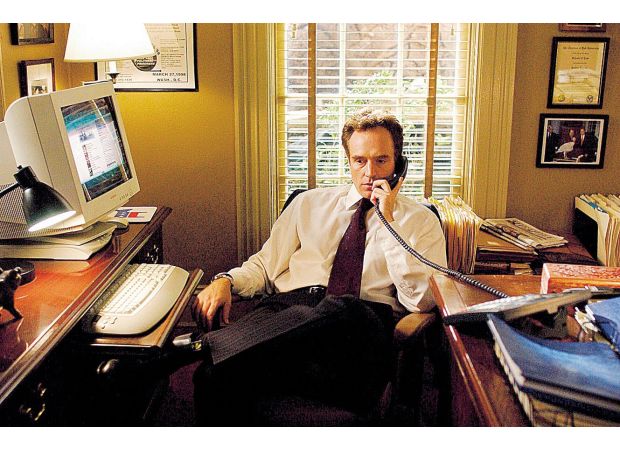I used to admire Josh from The West Wing, but after 25 years, he now makes me uncomfortable.
The West Wing provided a liberal escape during George W. Bush's presidency.

The West Wing provided a liberal escape during George W. Bush's presidency.


